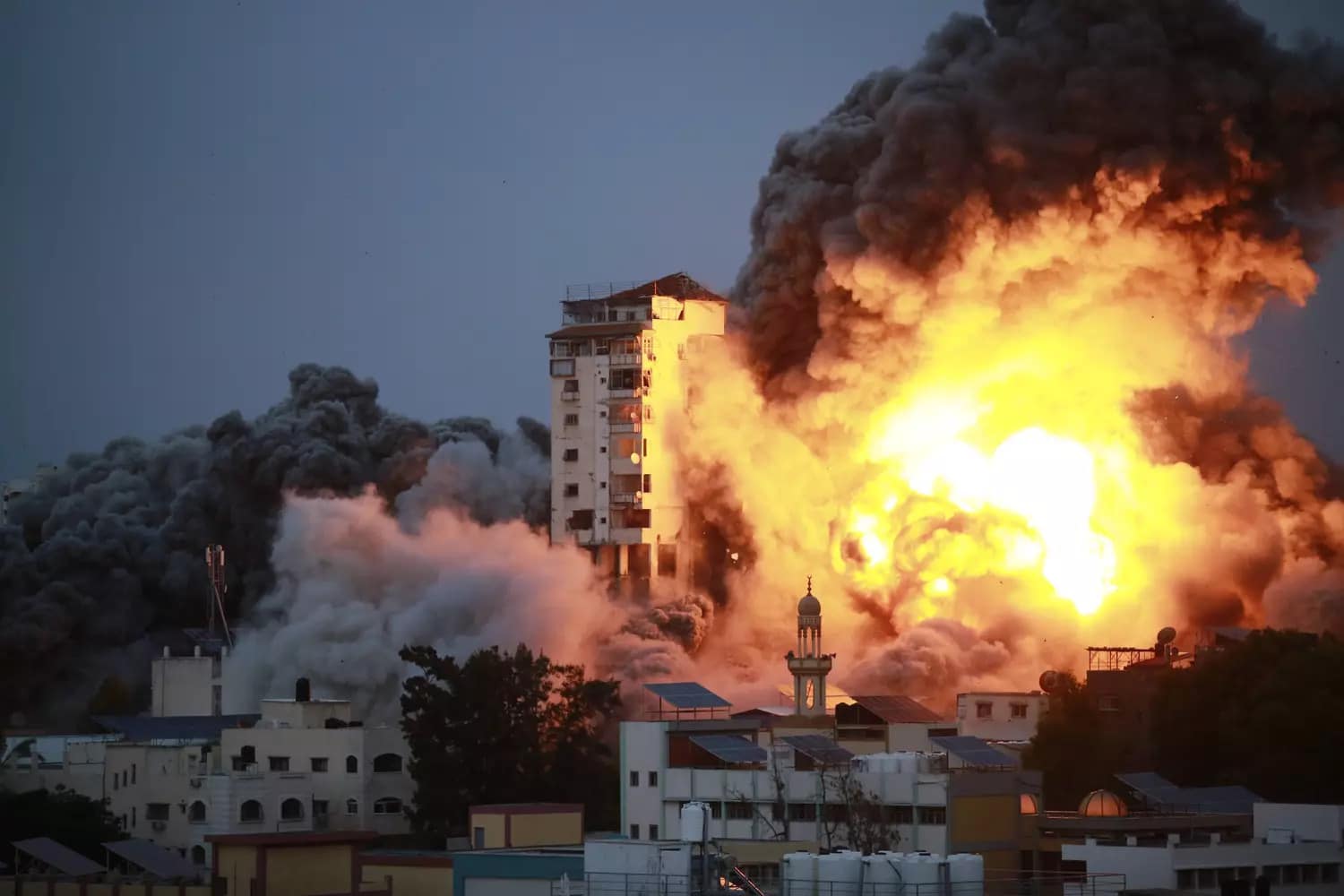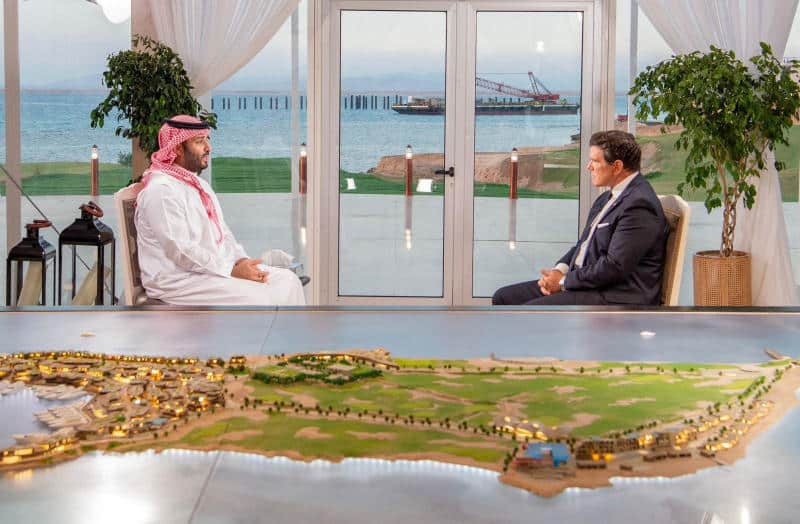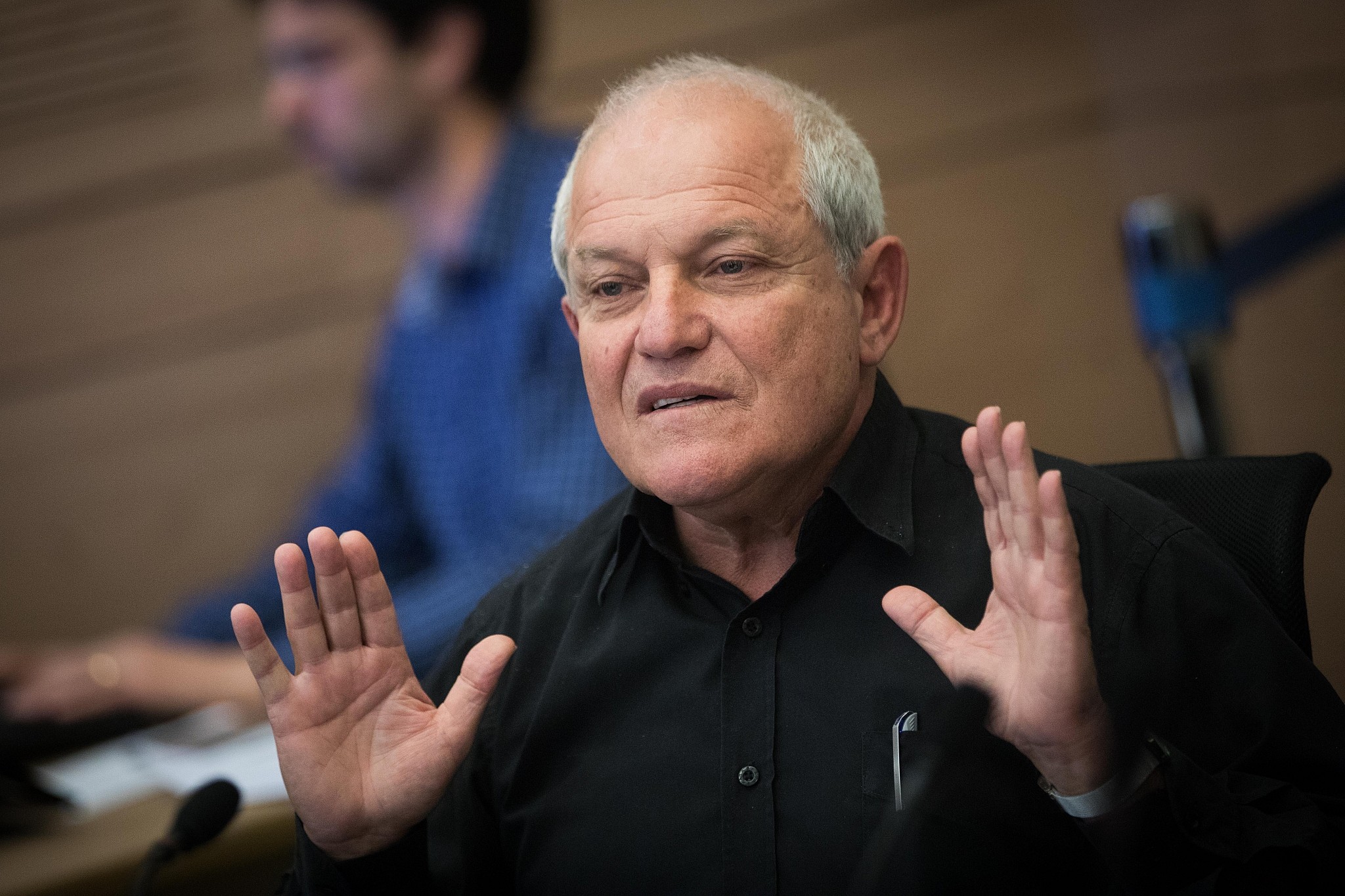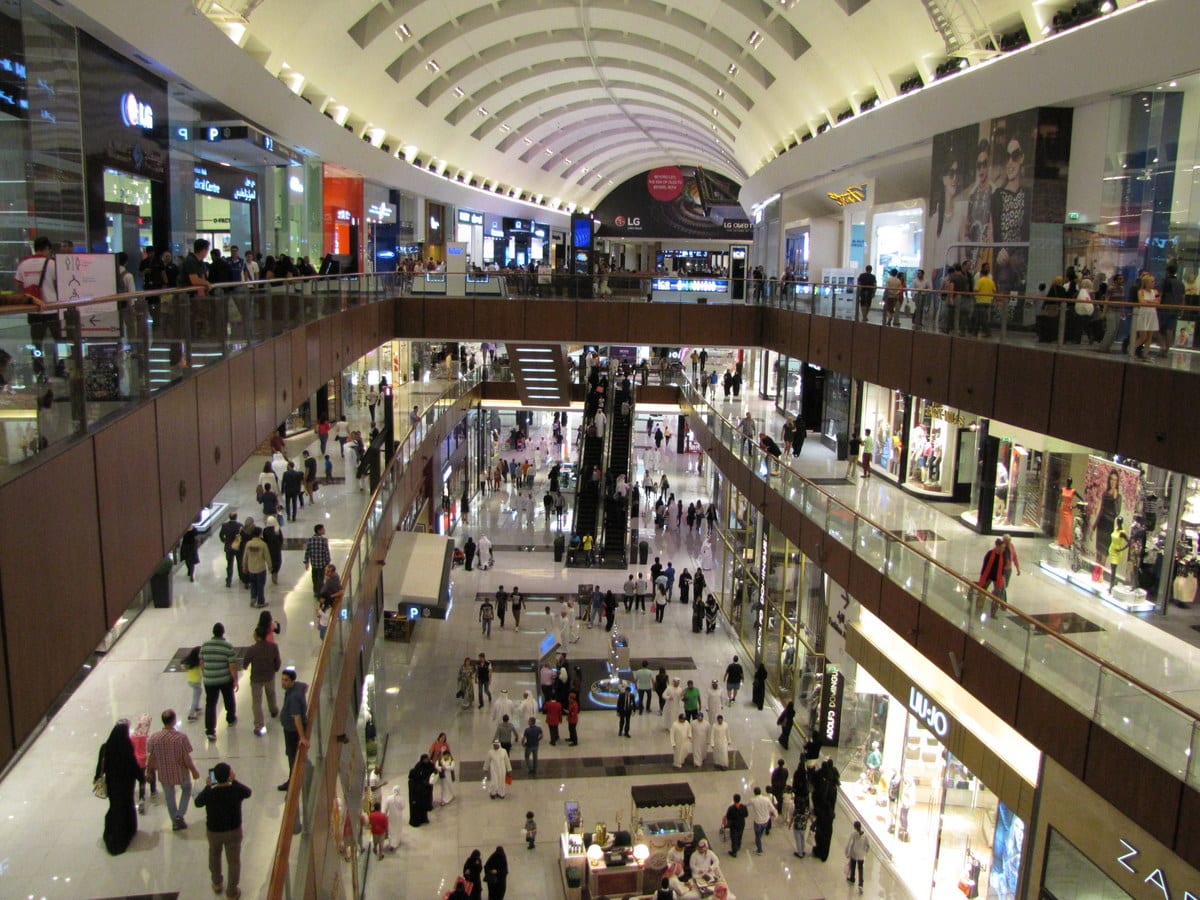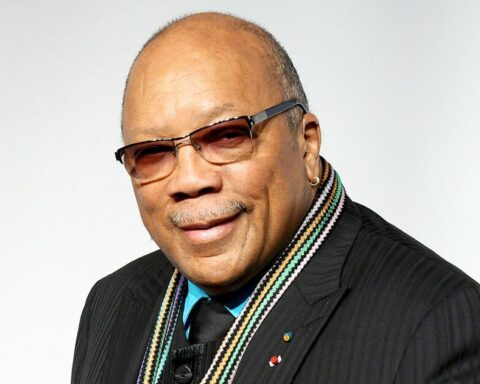The “Deluge D’Al Aqsa” attack, launched by Hamas in the early hours of October 7, put an end to the truce period in Israel that began in May. The attack, on an unprecedented scale, revived the trauma of the 1973 Yom Kippur War. It highlights the failings of Israel’s intelligence services, which seem to have seen nothing coming, even though Prime Minister Benjamin Netanyahu had promised security in exchange for an autocratic regime.
“What has happened is unprecedented in Israel”. These were the words of Israeli Prime Minister Benyamin Netanyahu, commenting on the Hamas offensive against Israel at first light on Saturday, October 7, 2023. After an intense salvo of rockets launched in the direction of Israel, Hamas fighters used vehicles, boats and even motorized paragliders to bypass the massive barrier surrounding Gaza. Last Saturday, they attacked military positions and civilians in the middle of the streets.
Israel also faced an attack on its northern border near Lebanon. The Lebanese Hezbollah, an ally of Hamas and Iran, fired shells at a disputed area on the border, prompting an Israeli drone to strike back at a Hezbollah target in southern Lebanon.
The fighting left “more than 600 dead” and “more than 2,000 wounded”, including 22 seriously, on the Israeli side, according to the government. In the Gaza Strip, 370 Palestinians were killed and almost 2,000 wounded, according to Hamas. For Israel, this escalation is the deadliest in the Israeli-Palestinian conflict for decades.
The Hamas attack was condemned by Western countries, and US President Joe Biden reaffirmed his “unwavering support” for Israel. The UN Security Council held an emergency meeting on Sunday to discuss the situation. Pope Francis called for an end to attacks in Israel, stressing that “terrorism and war lead to no solution”.
Negotiations between Israel and Saudi Arabia
This offensive was launched at a time when negotiations between Israel and Saudi Arabia, mediated by the United States, seemed to be gaining momentum with a view to normalization. A move strongly criticized by Hamas and its Iranian ally.
Following the meeting between US President Joe Biden and Israeli Prime Minister Benyamin Netanyahu in New York on September 20, on the sidelines of the United Nations General Assembly, Saudi Crown Prince Mohammed bin Salman (MBS) expressed his support for the Biden administration’s talks. “We hope that [the negotiations] will lead to an agreement that will make life easier for the Palestinians and allow Israel to play a role in the Middle East,” he said.
MBS is demanding a number of concessions from the United States, including a defense pact between Saudi Arabia and Uncle Sam, which would provide his country with sophisticated weapons and support for a civilian nuclear program. These are still being resisted by the US Congress. He called for closer cooperation on security and economic issues, deeming it crucial for both the United States and Saudi Arabia, for security in the Middle East and the world.
Following the attacks on October 7, 2023, Saudi Arabia called for military de-escalation. “Saudi Arabia calls for an immediate halt to the escalation between the two sides, for the protection of civilians and for restraint. (…) Saudi Arabia renews its call on the international community to assume its responsibilities and establish a credible peace process leading to a two-state solution, so as to ensure security and peace in the region and protect civilians,” the Saudi Foreign Ministry said in a statement Saturday afternoon.
However, the kingdom has declared its support for Hamas, the ruling organization in the Gaza Strip. An ambiguous position, to say the least.
Ambiguous behavior
This support for Hamas is shared by Qatar and Iran, and could lead to a reconstitution of the Arab League against Israel, plunging the region into a more than uncertain climate.
“The Ministry of Foreign Affairs holds Israel solely responsible for the current escalation due to its constant violations of the rights of the Palestinian people, the latest being the repeated raids on the blessed Al Aqsa mosque under Israeli police protection,” the Qatari government says in a statement.
The reference to “repeated raids” on Al Aqsa refers to the legal daily ascents by Jewish visitors to the Temple Mount, where Al Aqsa is located. The Temple Mount is a place of vital importance to the Jewish faith, housing the remains of the two Jewish Holy Temples destroyed in historic battles in the past. At the same time, Israel has for some time been collaborating with Qatar to channel monthly cash grants to the impoverished inhabitants of Gaza. This population has seen its livelihood destroyed by the Hamas government, which has directed most of its financial resources and development towards its own army’s efforts to eradicate the Jewish state.
For its part, Iran has gone a step further by fully supporting its proxy, Hamas, in its efforts to annihilate the Jewish state. “We congratulate the Palestinian fighters. We will support the Palestinian fighters until the liberation of Palestine and Jerusalem”.
For years, Iran has generously supported, equipped and trained Hamas and its Gaza-based ally, the Palestinian Islamic Jihad, as well as its proxy in Lebanon, Hezbollah, in their efforts to attack Israel.
Tourism hopes dashed
During a historic visit to Saudi Arabia in late September, Israeli Tourism Minister Haim Katz declared that it is the travel industry that can thaw the icy relations between the two countries. “Tourism is a bridge between nations,” said Katz. “Cooperation in tourism has the potential to bring us closer together and herald economic prosperity.”
Considering the results of Israeli tourism in other Gulf states, it might seem optimistic, even naive, to think that travel between Saudi Arabia and Israel will boom significantly. The United Arab Emirates normalized relations with Israel in 2020 thanks to the Abraham Accords signed in the United States. At the time, it was hoped that this signing would boost both trade and tourism. In reality, however, the number of tourists from the Gulf visiting Israel has been virtually insignificant.
Last year, more than half a million Israelis traveled to Dubai and Abu Dhabi, but only 1,600 Emirati citizens have visited Israel since travel restrictions were lifted in 2022, according to the Israeli Ministry of Tourism, quoted by the Associated Press earlier this year.
Geography of luxury reshaped
Under the pressure of geopolitical tensions, the geography of luxury is logically being called into question in the region. A study published by the Boston Consulting Group (BCG) in partnership with Altagamma, established in July that the Middle East luxury market, estimated at nearly 15 billion euros in 2023, should double by 2030 to 30-35 billion euros, driven by the United Arab Emirates and especially Saudi Arabia.
Other studies seem to confirm these forecasts. McKinsey & Company, in its latest report on the sector, estimates that the Middle East is, along with North America, the market with the greatest growth potential in 2023.
In other words, Saudi Arabia is a lucrative market for Western luxury brands. Many of them, seeking new outlets to reduce their dependence on countries such as China, have taken steps to establish themselves in the region, including Kering, Richemont and Jacob and Co.
There’s no doubt that the situation will be closely watched by these luxury brands. And if the escalation does not abate, they will have to review their development strategy in the region.
Read also>SAUDI ARABIA RELIES ON SOFT POWER FOR A BRIGHT FUTURE
Featured photo : ©Apaimages/SIPA




